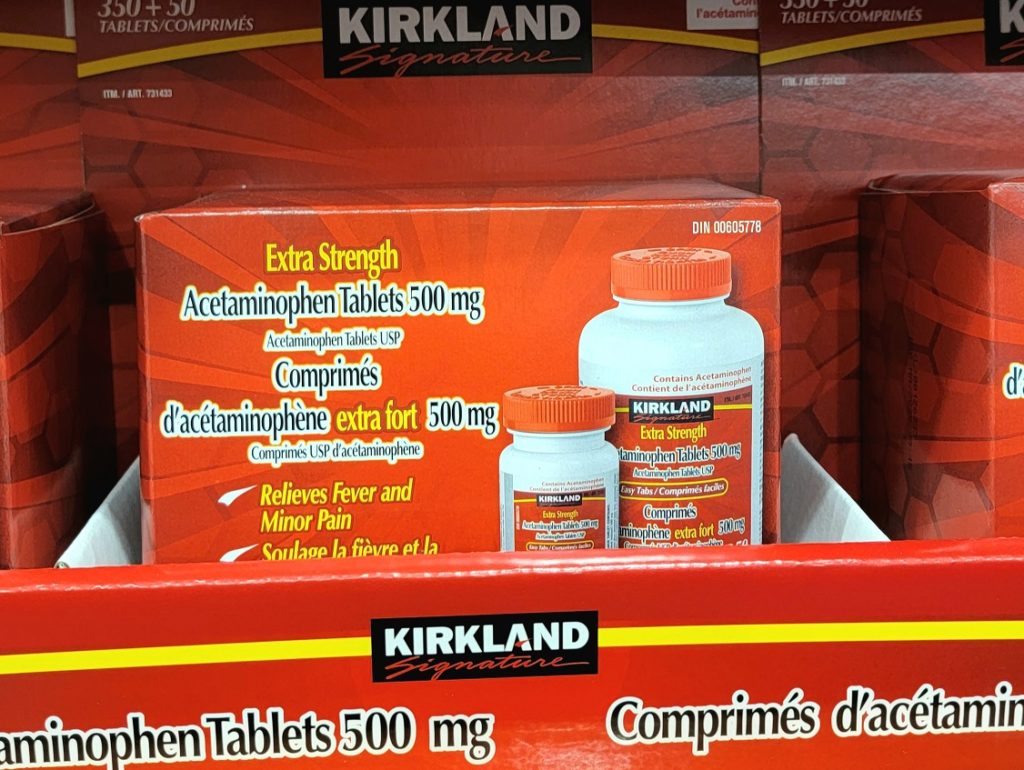Acetaminophen Autism Mass Tort Advances

Oct. 31, 2022 – Amidst the heated discussion and scientific evidence linking acetaminophen to autism in offspring, lawsuits are being filed.
According to some studies linking the use of acetaminophen with autism in children, plaintiff attorneys for thousands of families affected by the condition are planning to take on some of the biggest drug retailers in America.
The families allege that the retailers failed to adequately warn of potential dangers when selling their many products containing acetaminophen.
The U.S. Judicial Panel on Multidistrict Litigation ruled earlier this month that 65 individual cases regarding the potential autism-acetaminophen link should be combined into one mass tort litigation to lessen the strain placed upon each court and produce a more unified result.
For pretrial hearings, Judge Denise L. Cote was assigned to pending cases in the U.S. District Court for the Southern District of New York.
Both defendant and plaintiff attorneys agreed in this mass tort case to try a few “bellwether” cases first.
This is done to see how the jury reacts to a few single cases before deciding whether to continue with all the plaintiffs in a mass tort.
The Mass Tort Litigation Involves 9 Defendants
Although the nine retail companies sell different brands of acetaminophen products sourced from different suppliers, the court said the active ingredient at issue is the same.
The 9 Acetaminophen Retailers
- CVS
- Costco
- Family Dollar
- Rite Aid
- Safeway
- Sam’s Warehouse
- Target
- Walgreens
- Walmart.
A drug that tops $1 billion in annual U.S. sales is at the heart of the dispute.
Acetaminophen, the most widely sold brand of Tylenol, is estimated to be used by nearly two-thirds of pregnant women at some point during pregnancy.
In fact, as the most common drug ingredient in the United States, acetaminophen is found in 600-plus medicines, including prescription and over-the-counter pain relievers.
Health professionals frequently remind women that acetaminophen is safe to take during pregnancy, specifically to lower high fever and intense pain that may damage them or the developing fetus if left untreated.
However, women may not be as well-informed when it comes to limiting their acetaminophen dosage or use.
Tylenol Pregnancy Studies Have Been To Limited To Date
In 2015, the FDA said that there wasn’t enough evidence to say whether there was a link between acetaminophen use during pregnancy and ADHD.
Acetaminophen in both OTC and prescription products and the risk of attention deficit hyperactivity disorder (ADHD) in children born to women who took this medicine at any time during pregnancy.9 Acetaminophen is a common pain reducer and fever reducer found in hundreds of medicines including those used for colds, flu, allergies, and sleep.
We found all of the studies we reviewed to have potential limitations in their designs; sometimes the accumulated studies on a topic contained conflicting results that prevented us from drawing reliable conclusions. As a result, our recommendations on how pain medicines are used during pregnancy will remain the same at this time.
Pregnant women should always consult with their health care professional before taking any prescription or OTC medicine. Women taking pain medicines who are considering becoming pregnant should also consult with their health care professionals to discuss the risks and benefits of pain medicine use. Health care professionals should continue to follow the recommendations in the drug labels when prescribing pain medicines to pregnant patients.
FDA
Scientific experts also cite the need for more studies on such matters as the dose and frequency at which acetaminophen might become risky for pregnant people and what alternative pain relief therapies could work safely for them.
A Published Consensus Statement in The Journal of Nature Reviews Endocrinology in Sept 2021
“However, increasing experimental and epidemiological research suggests that prenatal exposure to Paracetamol (N-acetyl-p-aminophenol (APAP) might alter fetal development, which could increase the risks of some neurodevelopmental, reproductive and urogenital disorders. Here we summarize this evidence and call for precautionary action through a focused research effort and by increasing awareness among health professionals and pregnant women.”
Consensus statement by 91 scientists, clinicians and public health professionals
